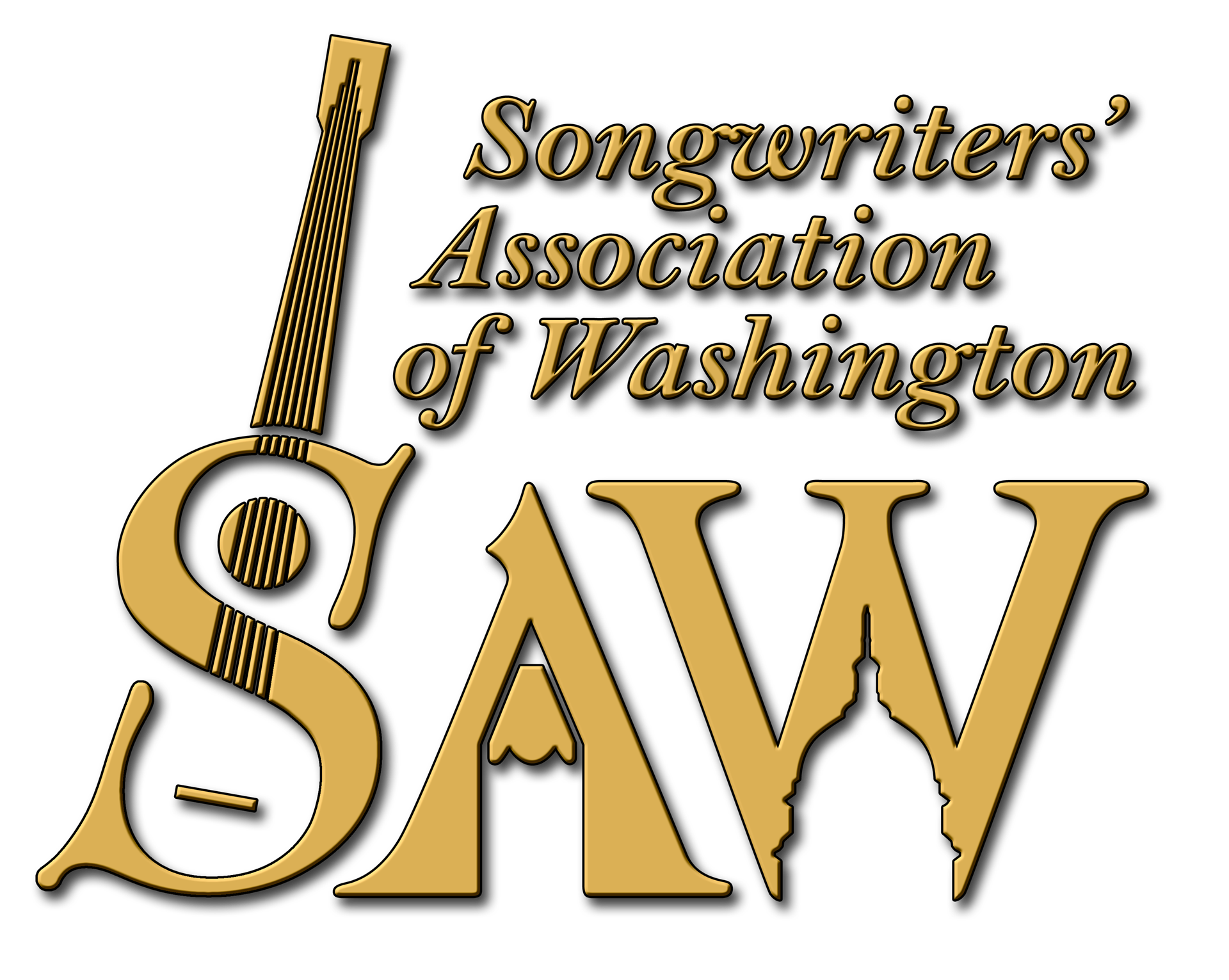The most painful songwriting I ever did was thanks to a toothbrush.
Generally, I think of myself as a “craft” songwriter, an academic. Which means I spend a month researching a central idea, create a word bank and then hack into my carefully curated collection with an editing machete. But forget all that … Sometimes you just have to get something out, even though you don’t want to do it, even though you’ll feel better afterward. Writing autobiographical songs is a lot like throwing up. And if you make a living from your songs, it’s a lot like hanging your vomit in a gallery and hoping the critics appreciate the color composition of the carrots and corn.
 A fan once told me sad songs appeal to everyone because, though there are happy people, even the happiest person among us has been sad. That weepy playlist is an answer to our pain-drenched need: Tell me I am not alone. As listeners, they are our first map out of despair. As writers, they are a way to process and distribute the pain onto a community of shoulders, who ease the burden and witness our trauma. Until, one day, it’s just a song.
A fan once told me sad songs appeal to everyone because, though there are happy people, even the happiest person among us has been sad. That weepy playlist is an answer to our pain-drenched need: Tell me I am not alone. As listeners, they are our first map out of despair. As writers, they are a way to process and distribute the pain onto a community of shoulders, who ease the burden and witness our trauma. Until, one day, it’s just a song.
It took months for me to trash his abandoned toothbrush. Then, still months later nursing my heartbreak, I walked into my bathroom to find a guest’s toothbrush sitting on the sink. Such a painful, simple symbol of all the company and intimacy that had been missing.
I wanted somebody’s toothbrush
On the sink next to mine
I left yours there
A long time
Figuring out what is really bothering you brings you back to the craft of songwriting. How do I solidify all these emotions into the elevator pitch of my pain? What did all these symbols mean to me? Do I want another relationship? Do I want the one I had back? No, none of that was it. In fact, it was all summed up more accurately by: “I don’t know what I want.”
Now there’s a universal feeling I could build on. Don’t we always want … something? It’s kind of terrifying. And I also thought … maybe I hadn’t heard that break-up song before.
You broke my heart and my favorite dream
Now I can’t promise anyone anything
I used to want so much … now I don’t …
I don’t know what I want …
I don’t know what I want …
That visceral gut reaction can be honed, edited, processed once it’s out of you and onto paper, at a more objective distance. I handwrite all my lyrics, and when I finally think I’ve done all the writing I’m going to do (whether I plan to use it all or not), I type them and treat them from there on out as an editor. In journalism they taught us: it’s easier to kill your babies when they are not staring back at you with your own hand. It was obvious some of it was dead weight. I was still too close to it to see what, so I asked another songwriter to look at it. He suggested eliminating a verse and a heavy-handed closing line about just “wanting to be happy.” It made the ending of the song a fragment, even more unresolved and even more in keeping with the theme of uncertainty. I could begin to appreciate it as art. It was one step further removed from me, becoming “the song” instead of “the pain.”
For “I Don’t Know What I Want,” off my 2017 CD, “A Message in the Mess,” I used suspended, unresolved chords for obvious reasons – I, too, was in a state of suspension. I also wanted this thing to sound like the last dance at the prom. The end of the movie soundtrack. We got that feel with a gentle, driving percussion and a Leslie on the electric guitar. And I recorded vocal take after take, working to capture a vulnerability I don’t always get out of my famously big voice. I prevented the mixing engineer from pitch correcting two blue notes. I put the pain, removed as I got deeper into the editing process, back into the performance.
The song ends on borrowed line from one of my best songwriting tools: the Eavesdropping Notebook. For years on tour, I’ve kept an ear out for the most unintentionally profound bits of wisdom and the human condition, caught in coffeeshops or side conversations. I collect them and save them for my songs. The rule is: I have to use them out of their original context. I feel like this keeps your writing fresh and gets you out of engrained patterns of language. In this case, a visual artist friend, Amy Law, actually said it about her cat, falling off a table: “She hasn’t ever been graceful, but she recovers well.”
Hopefully, I thought … so do I.
It’s proven that people who share their pain suffer less and are healthier. And sometimes just talking about it isn’t enough. Sometimes it requires surgery. So too is it with our heartbreak songs. And here’s one way to look at it: Once you can stop judging an experience as bad … it’s all just good material.
(excerpted/edited from Heather’s 11-episode songwriting podcast series, available for free at her website: http://www.heatheraubreylloyd.com. “I Don’t Know What I Want” and the rest of “A Message in the Mess” is also available there, as well as Spotify and iTunes: https://itunes.apple.com/us/album/a-message-in-the-mess/1210573590)
